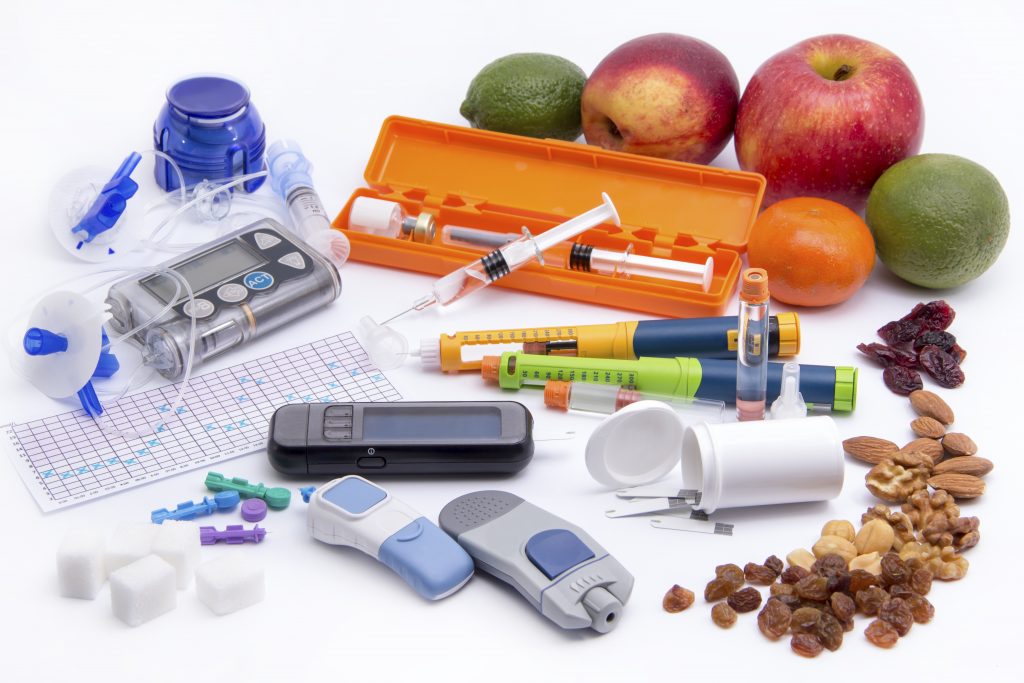Genes affect fat deposition and Type 2 diabetes risk
9th April 2018
A new paper from Dr Kerrin Small and her team has found that a variant of the KLF14 gene, previously identified in earlier research by the same group, not only changes where fat is deposited (on the hips versus on the waist), but that it also affects the generation of new fat cells.
Using biopsy and blood samples from 856 female twins, fat biopsies from the Oxford BioBank and genetic data from the UK Biobank, their latest study found that variations of the KLF14 gene also makes it harder to generate new fat cells, leaving carriers of the gene with fewer, larger fat cells that are less efficient. These less efficient fat cells reduce the body’s sensitivity to insulin and suggests that there is an increased chance of developing Type 2 diabetes.
Even more strikingly, these effects are specific to females; the researchers found that the gene only acts in women who inherit the diabetes-associated version from their mother. These women had around a 30% higher chance of developing diabetes than those without the diabetes-associated version.
These exciting results mean that we now have such a detailed level of understanding of this variant of the KLF14 gene that we know where and how it acts in the body as well as who it acts in. The team hope that these results will allow them to understand why the gene variant only affects women’s chance of developing diabetes so that they can help develop better prevention and treatment options.
Read the paper, published in Nature Genetics.

